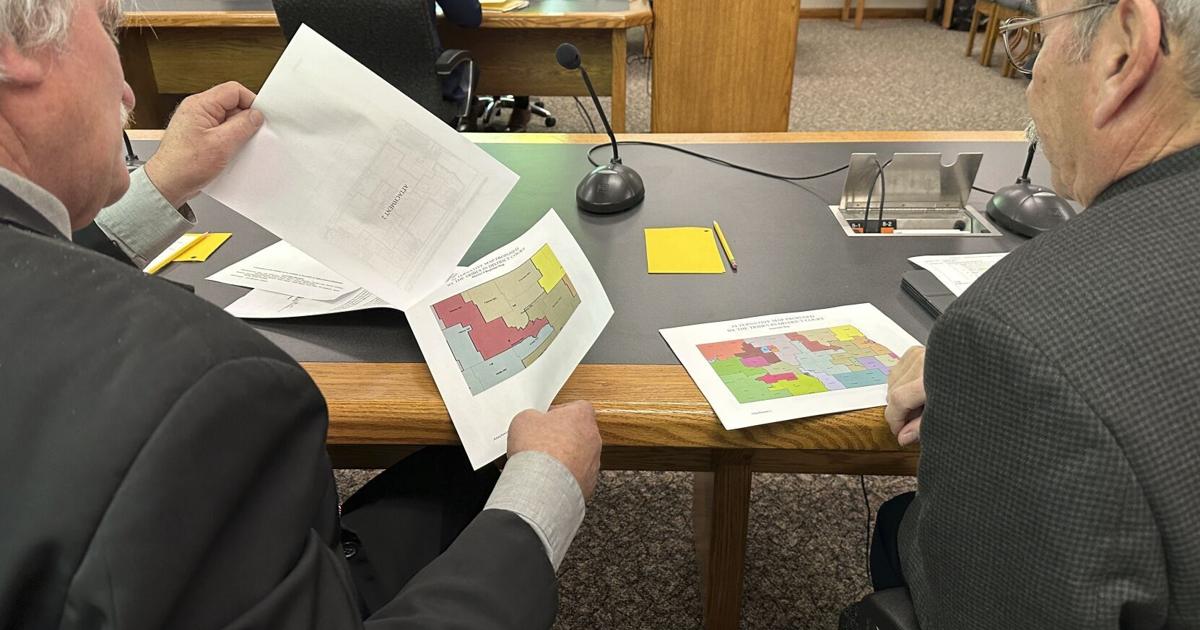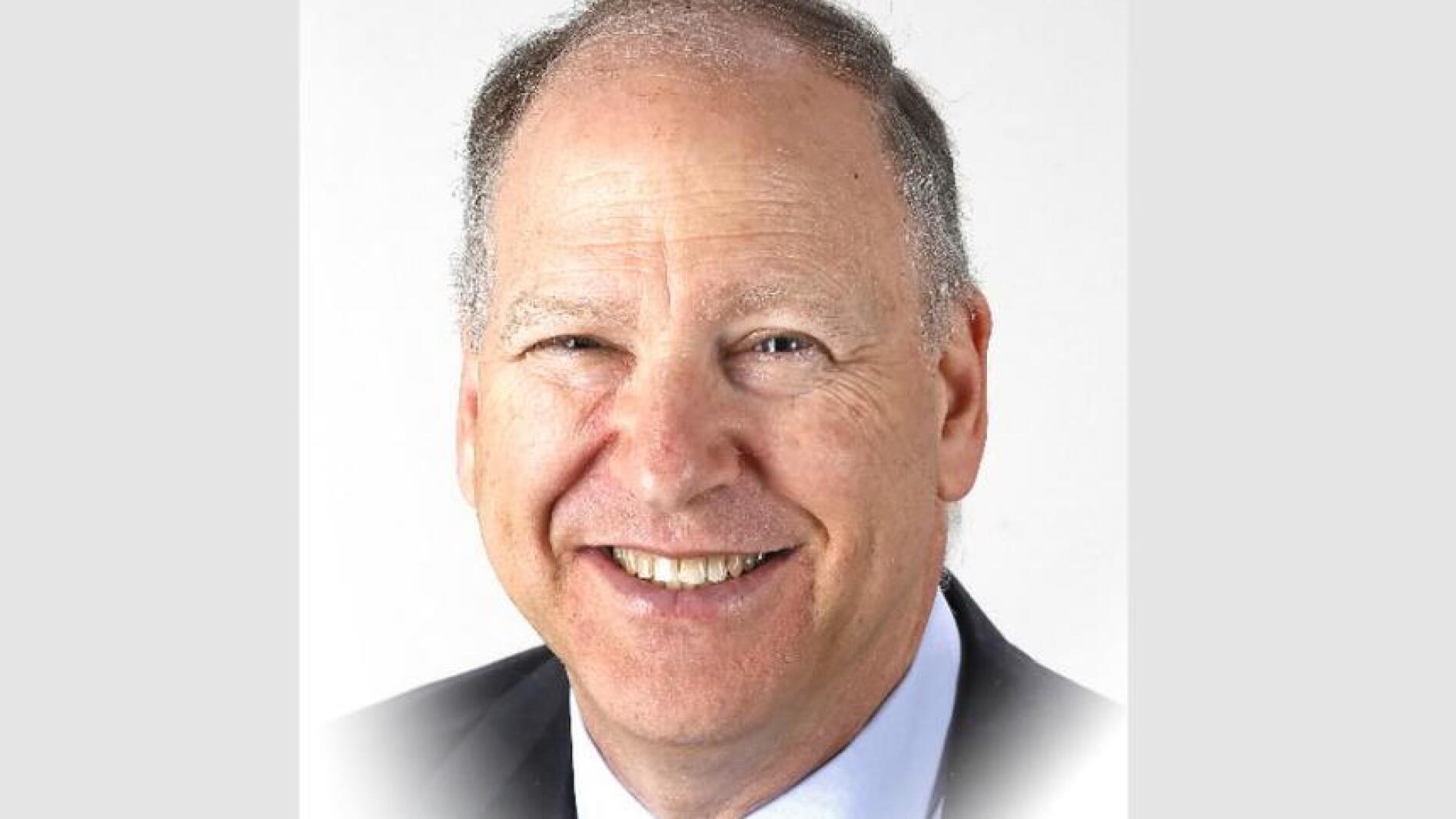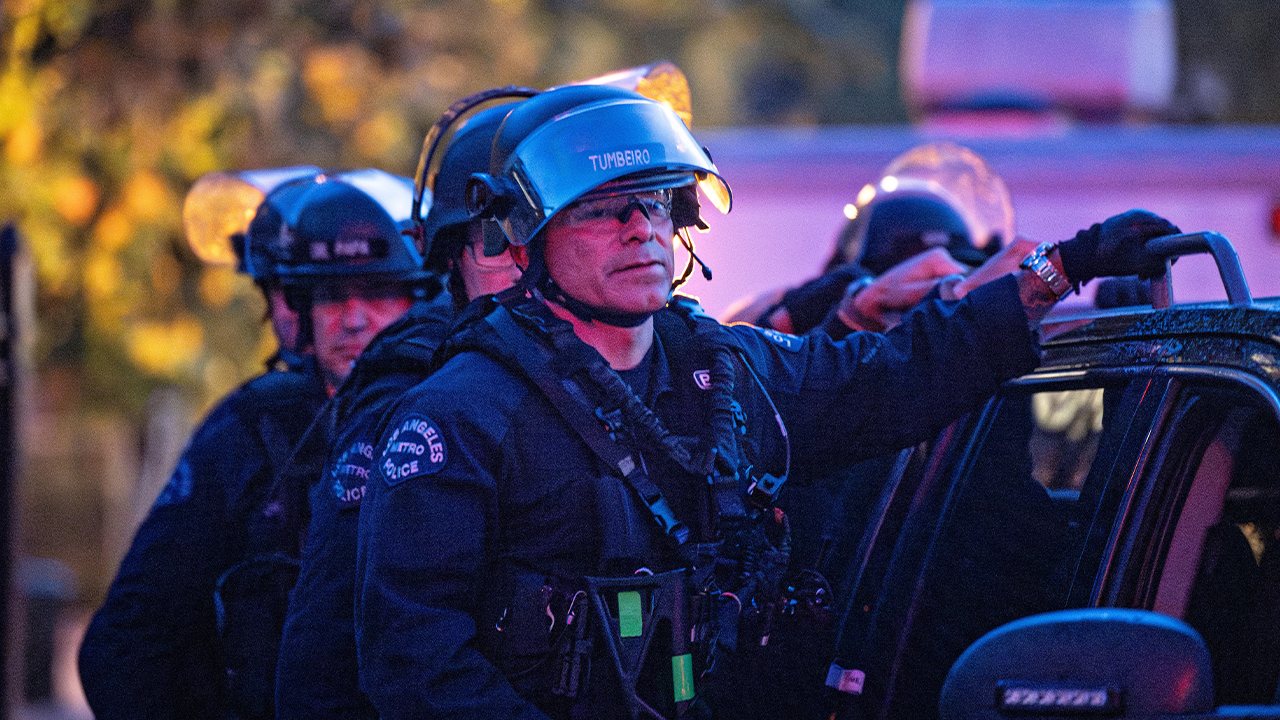Members of the North Dakota Legislature’s temporary Redistricting Committee met Wednesday to begin charting a path forward for the state’s legislative boundaries, less than a day after a federal judge denied a request to delay his decision that the existing boundaries violate the Voting Rights Act of 1965.
U.S. District Chief Judge Peter Welte ruled in November that North Dakota’s current legislative map, which was drawn in 2021, “prevents Native American voters from having an equal opportunity to elect candidates of their choice.” He gave Secretary of State Michael Howe and the Legislature until Dec. 22 “to adopt a plan to remedy the violation” — and his Tuesday ruling means that deadline is still standing firm.
Both Howe and the Legislature are attempting to push back on the overall ruling and the deadline, but the Redistricting Committee is proceeding under the assumption that the deadline could stand, and is looking to decide on a solution that addresses the judge’s issues with the boundaries. The committee meeting was scheduled before the Tuesday ruling came down, and the agenda ultimately didn’t look much different in the wake of the decision.
People are also reading…
To adopt a new map, the entire Legislature must convene and vote on a proposal. There are multiple legal avenues through which Welte’s ruling could be stalled or overturned, but the Redistricting Committee’s job is to prepare as best as it can even as the ruling’s legal status could be in flux.
“We need to get — as quickly as possible — together an agreement on a plan so that if a special session is called we can have something ready,” said Sen. Ron Sorvaag, R-Fargo, the committee’s chairman. “This process just doesn’t happen overnight.”
At the heart of the redistricting debate are the Turtle Mountain Band of Chippewa and the Spirit Lake Tribe, who filed a lawsuit opposing the legislative map drawn in 2021 on the grounds that it diluted Native Americans’ voting power. The map “simultaneously packs Turtle Mountain Band of Chippewa Indians members into one House district, and cracks Spirit Lake Tribe members out of any majority Native House district,” they argued.
The Legislative Management Committee, which includes many top lawmakers, attempted to intervene in the case last week, but the move was shot down by the judge. Now both Howe and Legislative Management have indicated they will appeal to the 8th U.S. Circuit Court of Appeals.
Complicating that appeal process is a recent 8th Circuit ruling in an Arkansas case that meant citizens can’t challenge racial gerrymandering through the Voting Rights Act. That right lies with the U.S. attorney general, the ruling said. When Howe initially announced his intent to appeal, he cited the ruling as a factor propelling the decision.
Much of Wednesday’s meeting was spent providing the committee with background to ensure all members are on the same page, especially in light of Welte’s denial of the request for a delay. Committee members seemed intent on keeping the focus of any redistricting effort narrow — for example, an idea to change the amount of districts in the state was shot down quickly after it was brought up. Legislators also received, as part of the court ruling, two similar options for maps that would include Turtle Mountain and Spirit Lake members in one legislative district rather than two. One of the maps had previously been proposed late in the 2021 redistricting process, lawmakers said Wednesday.
The Legislature is not required to adopt either map, and Welte also denied a motion by the tribes to order one of the proposed maps into place for the 2024 elections if lawmakers didn’t act.
Any potential changes to the legislative map, after gaining committee support, would have to be written into bill form by the state’s Legislative Council, a process that would take multiple days, according to committee leaders. From there, it would head to a full legislative vote.
To vote on the changes, lawmakers could either use some of their remaining five legislative days for the 2023-25 biennium, or they could return to Bismarck if Gov. Doug Burgum called a special session. A special session, like the one that took place in October, doesn’t necessarily have a set end date.
The committee will meet again at some point next week to begin considering changes, Sorvaag said. Though the meeting has not been scheduled, he indicated legislators are aiming for early in the week. Residents will have time to testify about any potential new district at that meeting, though they must do so in Bismarck as Sorvaag said he will not allow any virtual testimony.
“This is more complex than meets the eye,” said House Majority Leader Mike Lefor, R-Dickinson. “If you’ve tried to move one district, it’s like throwing a rock in the water. You can have a ripple effect into other districts.”
Candidates in North Dakota elections can begin circulating petitions to make it on the ballot for 2024 as soon as Jan. 1. But depending on the extent of change in any new maps, some lawmakers could also have to run again for the chance to represent newly redrawn districts, no matter when they are up for reelection. And changes to legislative maps could impact potential candidates’ decisions to run.
The Secretary of State’s office has set the 2024 filing deadline for April 8, which means districts must be finalized for the 2024 election by that date.
Another federal lawsuit that targeted the redistricting was dismissed last month. It was brought by two local Republican Party officials who challenged new House subdistricts comprising tribal nations as unconstitutional “racial gerrymandering.”
The Legislature created four subdistricts in the state House of Representatives, including one each for the Fort Berthold and Turtle Mountain Indian reservations. Lawmakers who were involved in the 2021 redistricting process have previously cited 2020 census numbers meeting population requirements of the Voting Rights Act for creating those subdistricts, according to The Associated Press.




























)


